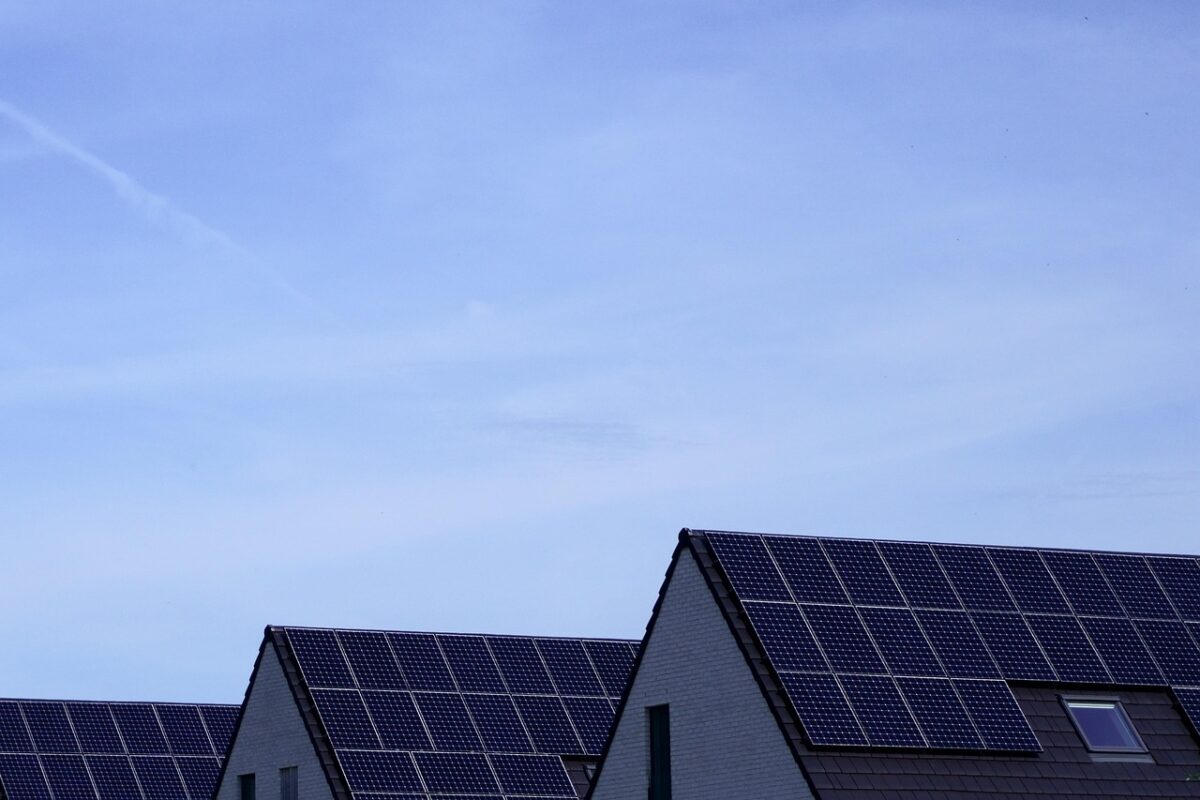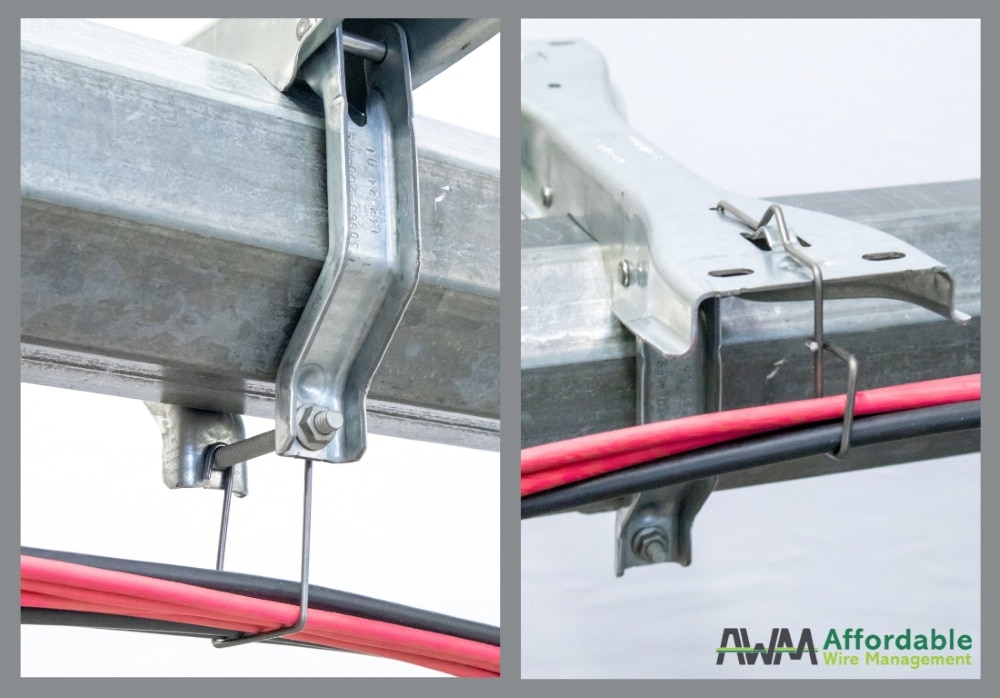In the Land of Opportunity, the Arkansas Court of Appeals ruled in favor of solar companies by upholding net metering compensation and simplified approval process for small systems.
May 23, 2022
In a state that ranked 30th in solar installed in 2021, the recent ruling in favor of net metering could boost Arkansas, “the land of opportunity,” to a new level of sustainability. Recently the Arkansas Court of Appeals ruled in favor of solar power, ending a battle among the Arkansas Public Utilities Commission, solar companies including Scenic Hill Solar, utilities including the Arkansas Electric Cooperative Corp. and Petit Jean Electric Cooperative of Clinton. The ruling essentially upheld the rate structure for net metering, which previously had stated that solar customers would receive the full retail rate for excess energy they send to the grid. In addition, the ruling simplifies the approval process for small solar systems and to aggregate smaller systems.
The history of this legislation dates back to 2001, when the Arkansas General Assembly enacted the Arkansas Renewable Energy Development Act (AREDA). In the ruling, the found that the increasing consumption of renewable resources “promotes the wise use of Arkansas’s natural-energy resources,” Calling solar an “indigenous energy fuel,” the ruling states that increased solar reduces dependence on imported fossil fuels. The General Assembly further found that “net energy metering encourages the use of renewable energy resources and renewable energy technologies by reducing utility interconnection and administrative costs for small consumers of electricity” and that “net-metering would help to . . . attract energy-technology manufacturers, to provide a foothold for these technologies in the Arkansas economy, and to make it easier for customer access to these technologies.”
The AREDA required the Commission to establish appropriate rates, terms, and conditions for net-metering contracts. The Commission instituted a rate structure directing that net-metering customers would be credited for excess energy at full retail rate.
As in other states, such as California, where utilities object to crediting solar customers the full retail rate, Arkansas utilities alleged that net-metering customers were not paying their share of costs of transmission and distribution. The utilities instead wanted to discontinue 1:1 compensation for net-metering customers and adopt “two-channel billing” in which those customers got a credit for what the utilities call “avoided costs.” Alternatively, the electric utilities argued that net-metering customers could pay their share of maintaining the grid through a monthly grid charge.
The Commission stated that it was approving the continuation of 1:1 full retail credit “for now” as the default net metering structure. It also rejected two-channel billing for residential and nonresidential customers without a demand component. The Commission also found that after December 31, 2022, “a utility may request approval of an alternative [rate structure] that is in the public interest and will not result in an unreasonable allocation of, or increase in, the costs to other utility customers.”
Additionally the Commission found “that there is some evidence of potential cost-shifting”, and while it retained the 1:1 compensation for demand-component facilities generating over 1,000 kW it also added a grid charge that the Commission “initially . . . set at zero.” According to the Commission, “once the Net-Metering Rules become effective, a utility may request approval of a revised grid charge rate based upon evidence that an unreasonable cost shift to non-net-metering customers is occurring or has already occurred on a cumulative basis.”






